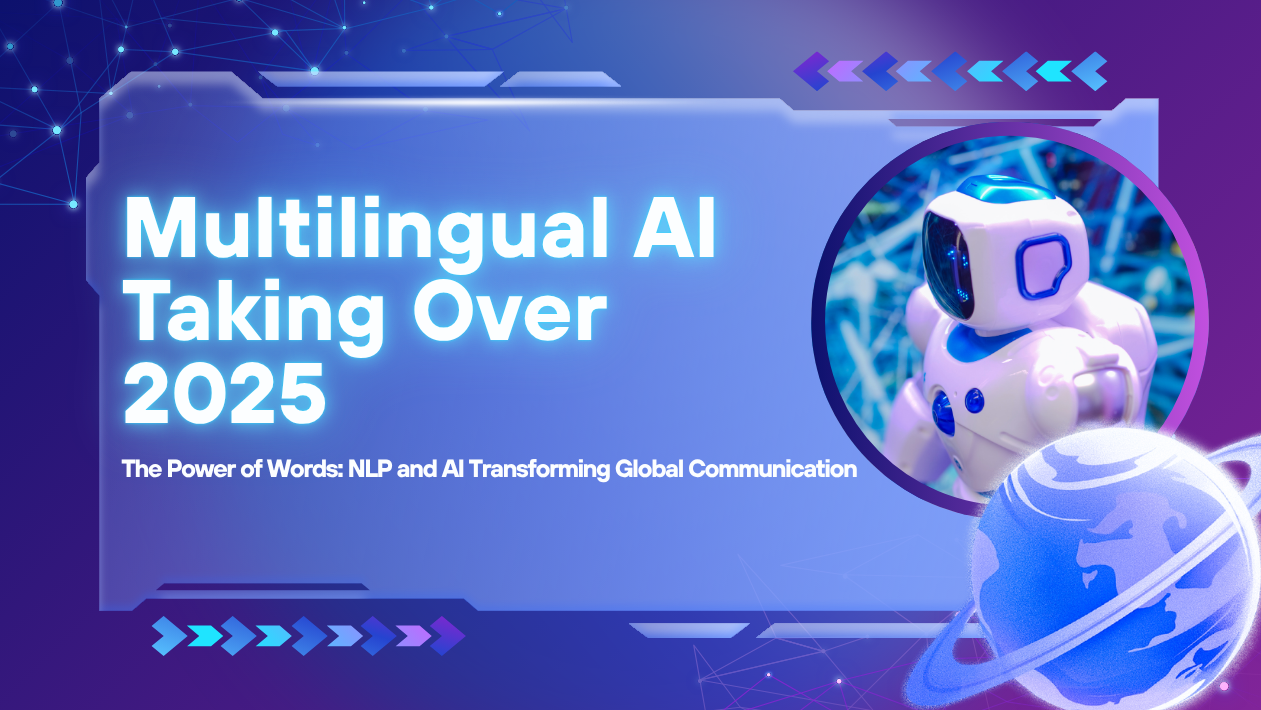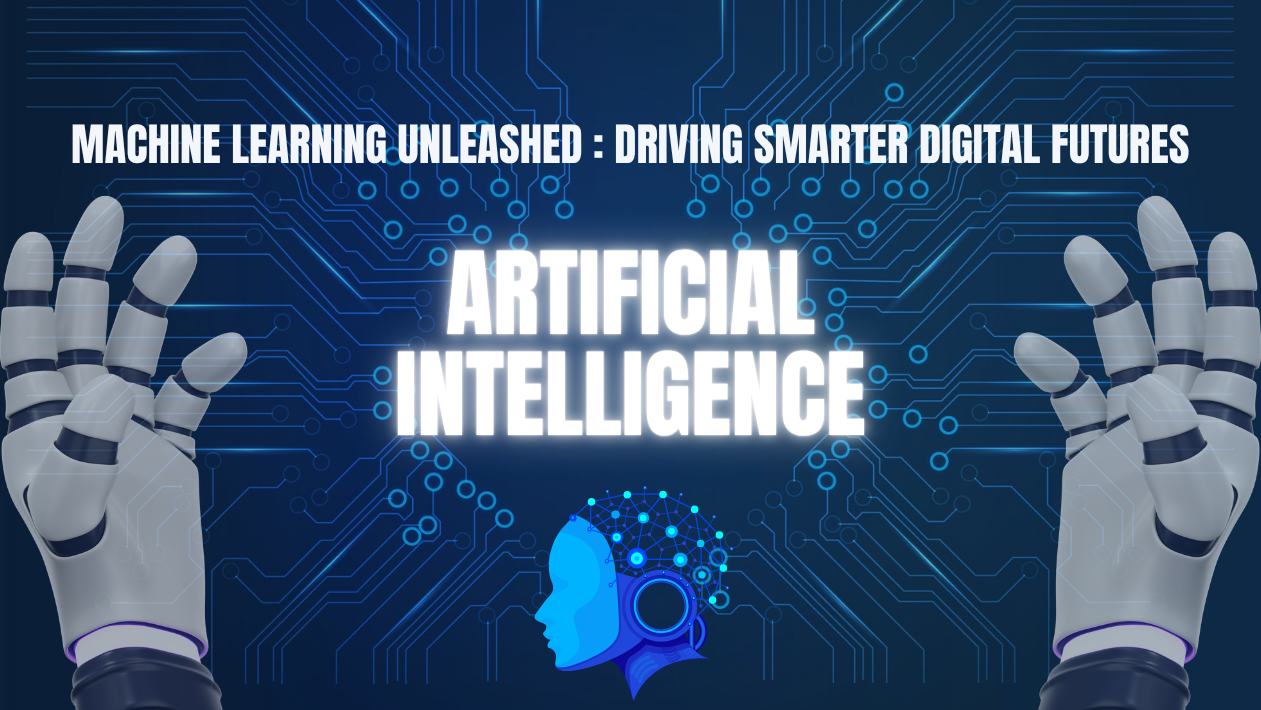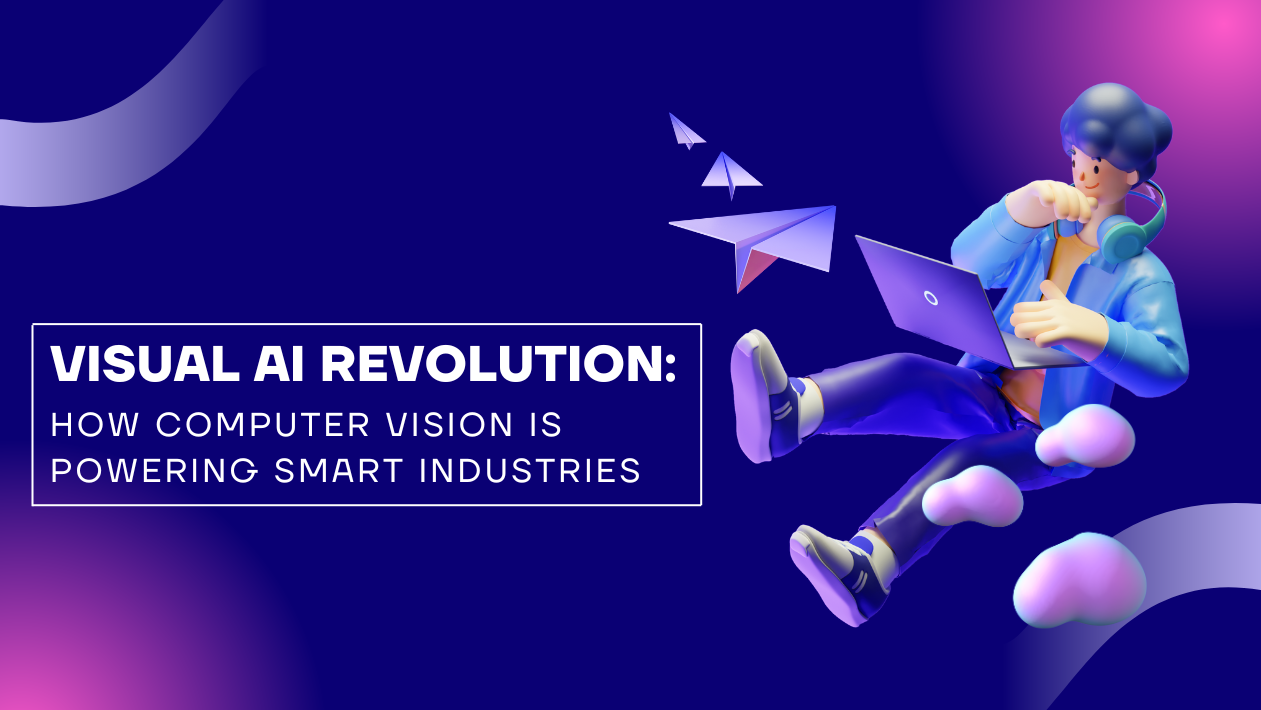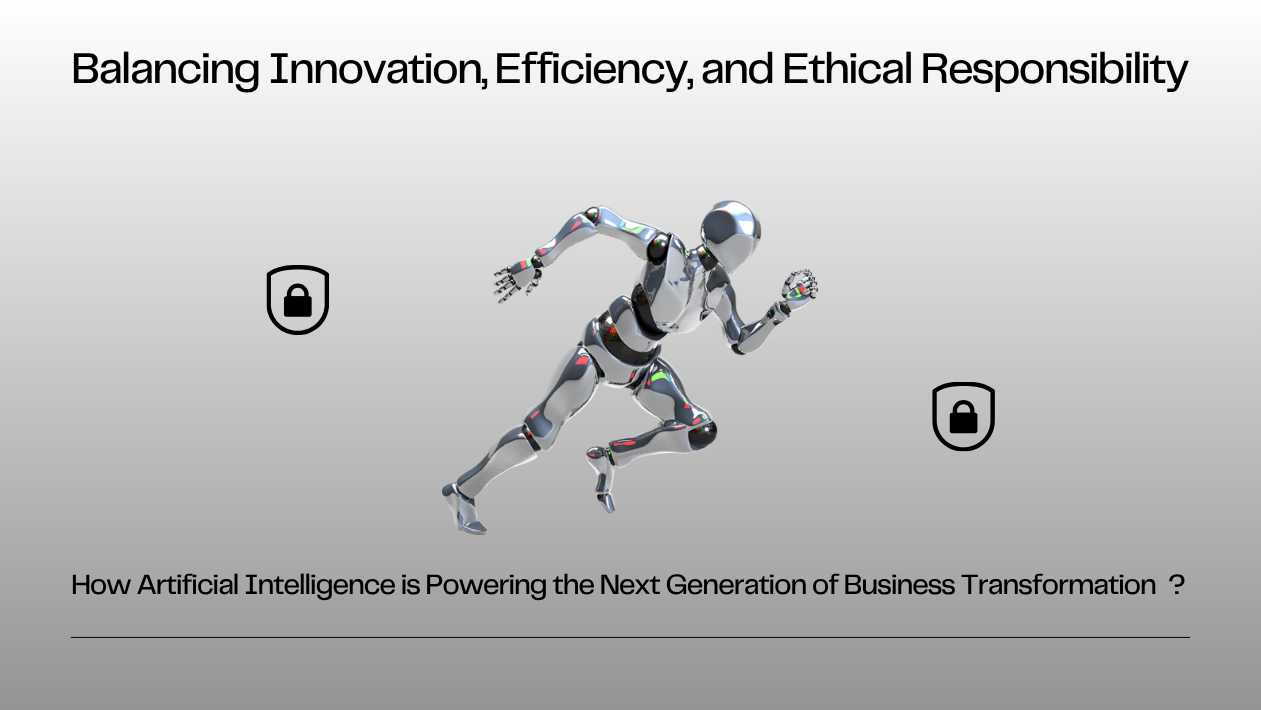As artificial intelligence (AI) becomes increasingly embedded in daily life—from healthcare diagnosis to financial decision-making—concerns over AI ethics have taken center stage. In 2025, governments, corporations, and researchers are racing to establish clear guidelines around bias prevention, transparency, data privacy, and accountability in AI systems.
A recent report by the World Economic Forum revealed that 67% of global citizens are concerned about the ethical use of AI, especially in sensitive sectors like law enforcement, hiring, and credit scoring.
Global Regulations Push for Ethical AI Standards
The European Union’s AI Act, finalized in early 2025, sets a global benchmark for regulating high-risk AI applications. It mandates rigorous risk assessments, human oversight, and explainability in algorithmic decisions. Similar frameworks are emerging in the U.S., Canada, India, and across Southeast Asia.
“These regulations aim to ensure that AI serves people—not the other way around,” said Helena Morris, Chair of the International AI Ethics Council.
Bias and Fairness in Algorithms Under Scrutiny
One of the biggest ethical challenges remains algorithmic bias, which can perpetuate discrimination based on race, gender, or socioeconomic status. Companies are investing in bias audits, diverse training data, and fairness-focused AI models to build more inclusive systems.
For example, Google DeepMind and IBM Research have launched open-source tools that help developers detect and mitigate bias during model development.
AI Transparency and Explainability Are Now Essential
In 2025, “black box” AI systems are increasingly unacceptable. Developers are now required to create explainable AI (XAI) models—especially in healthcare, finance, and legal fields—so users can understand how decisions are made.
Frameworks like LIME, SHAP, and TruEra are becoming industry standards for explaining complex AI models.
Ethical AI by Design: A Cultural Shift in Tech
Ethics is no longer an afterthought—it’s a design principle. Organizations are building AI ethics teams, integrating responsible AI checklists, and prioritizing human-centered design in their product pipelines. Tech giants like Microsoft, OpenAI, and Salesforce have released updated AI ethics toolkits to guide responsible innovation.
Generative AI Fuels New Ethical Challenges
The explosion of generative AI (e.g., ChatGPT, DALL·E, and Sora) has introduced fresh dilemmas around deepfakes, content ownership, and misinformation. In response, platforms are implementing AI watermarking, usage disclosures, and content moderation policies to ensure safe and transparent AI outputs.





